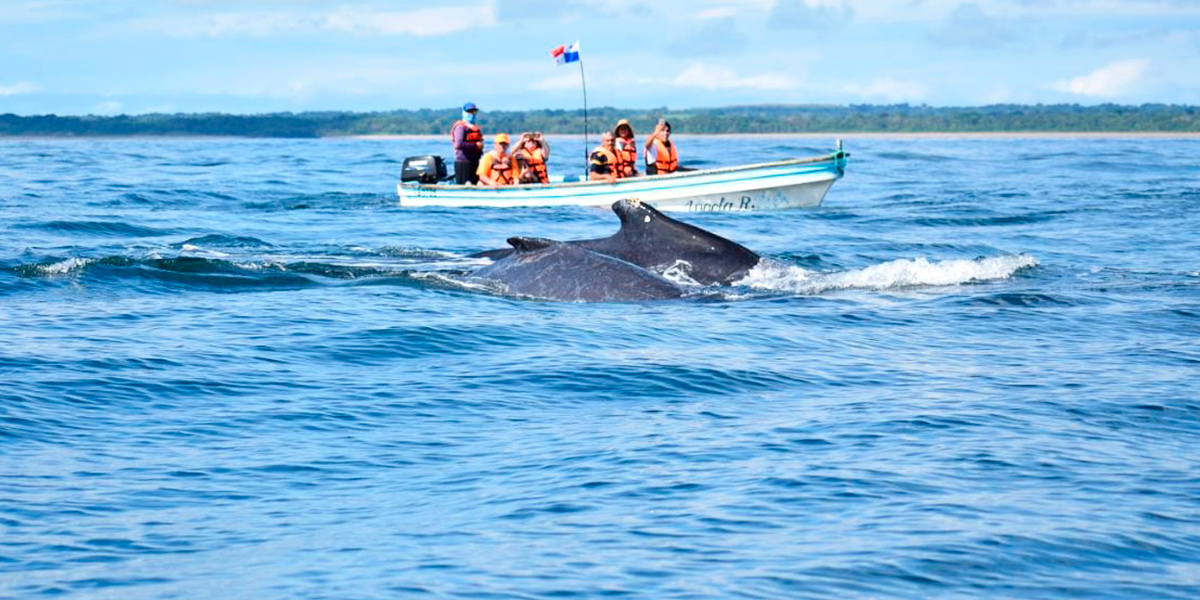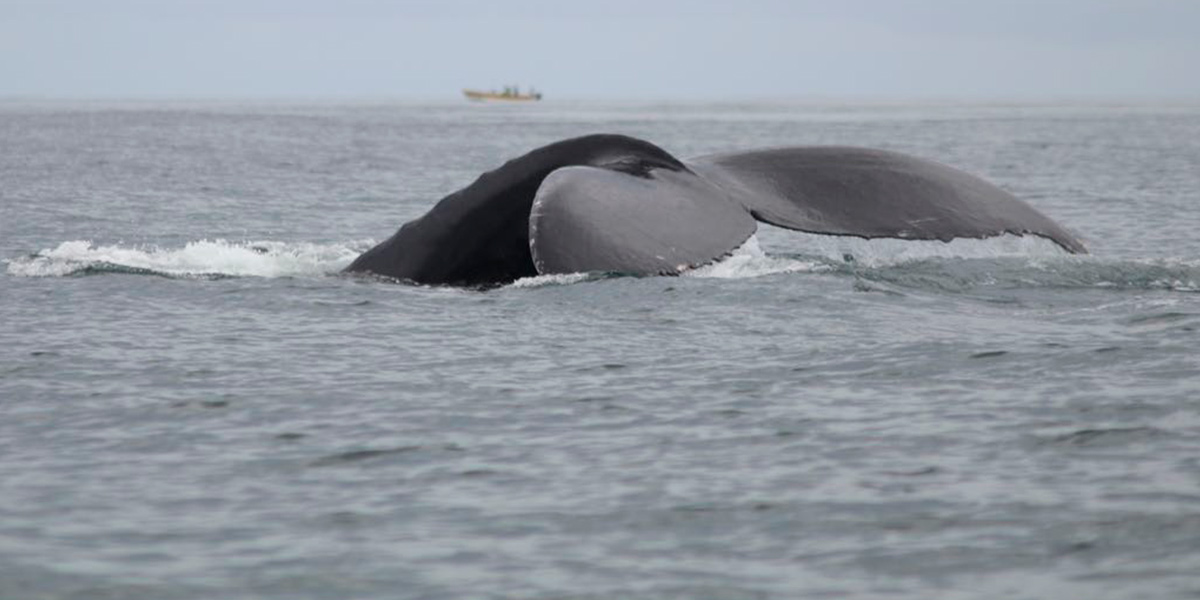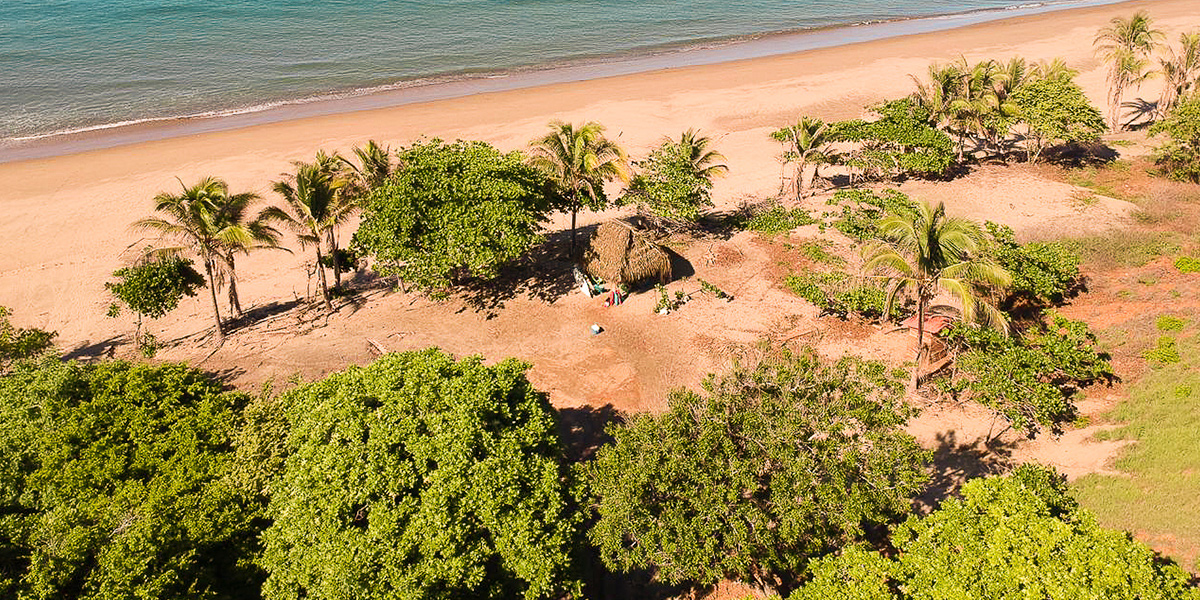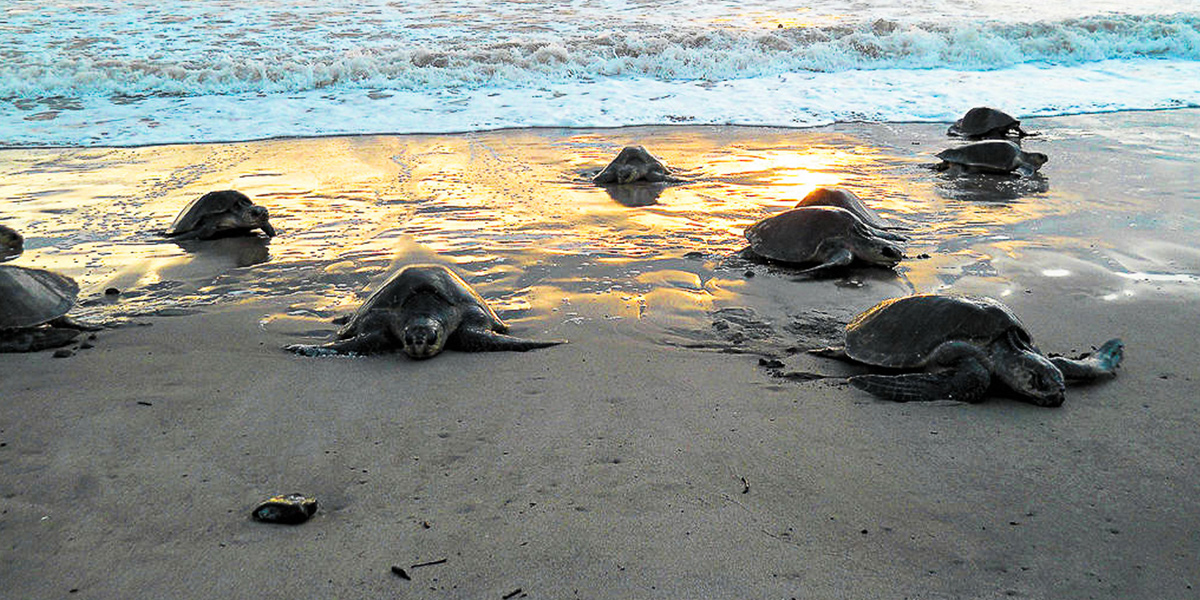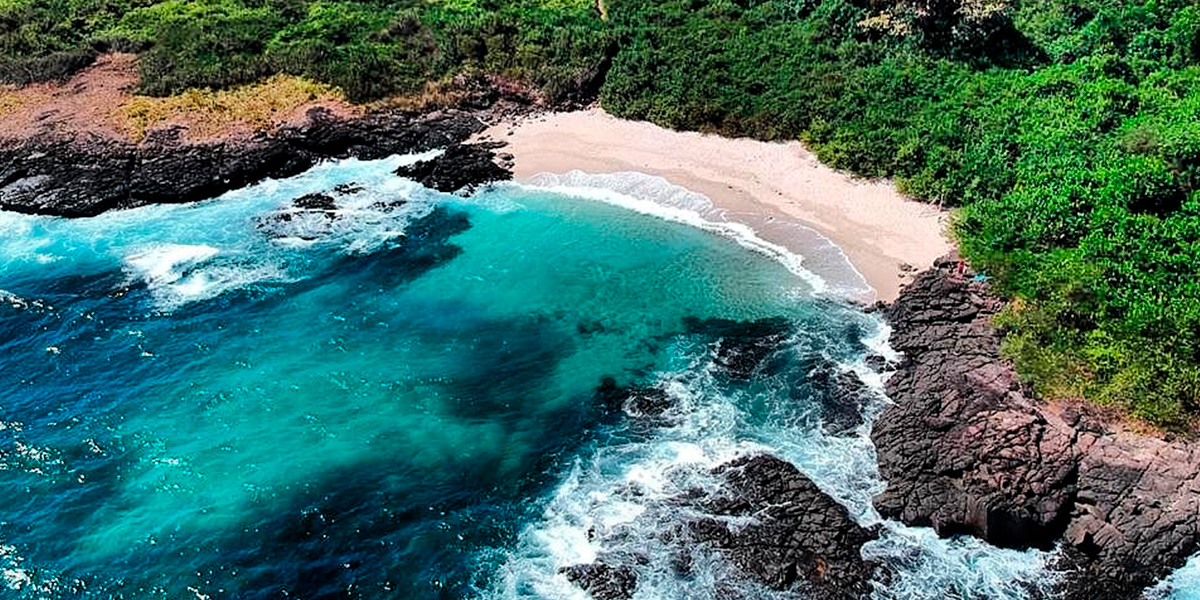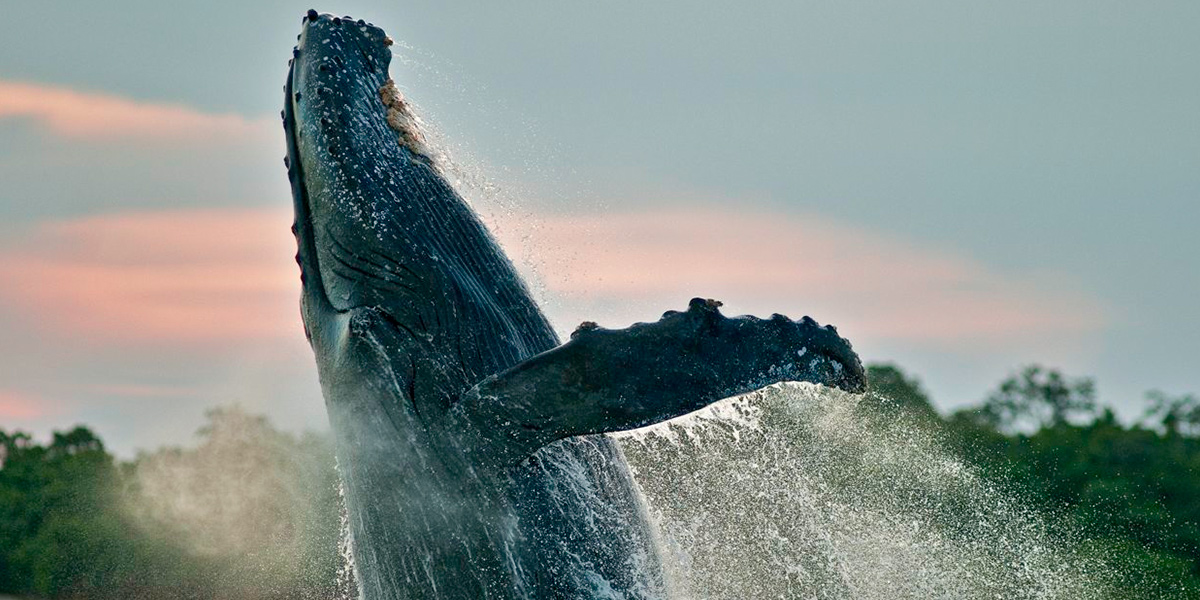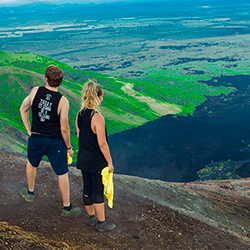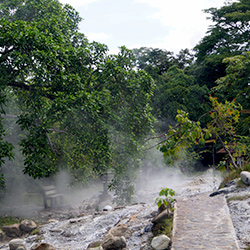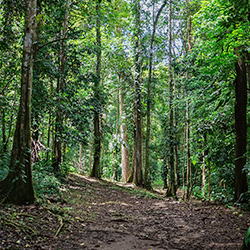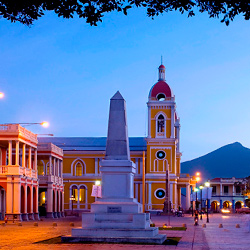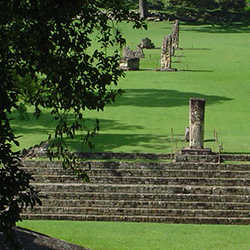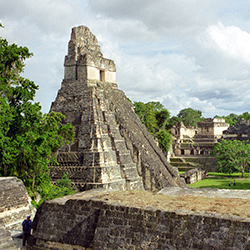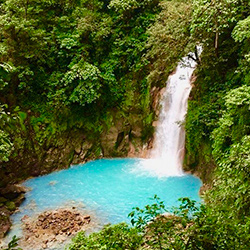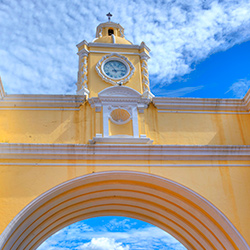Humpback whales
The Panamanian coast of the Pacific Ocean receive between July and October the first copies of humpback whales of the migratory season every year. It is estimated that more than 2,000 humpback whales (Megaptera Novaeangliae) travel from Antarctica and from Alaska to Panama each year.It is the longest migration that a mammal does: about 10 thousand kilometers.According to experts, the whales reach these waters because they are warm, making them the perfect place for mothers and their young to be free from predators.
The beaches of Panama are prepared to be the main stage of the most famous natural phenomenon of the season, such as Las Perlas Archipelago, Contadora Island, Herrera and Los Santos, among others, are ideal for humpback whales to mate and reproduce because they are warm waters without predators.
The calves are born with very little body fat so the water of the poles is extremely cold for them for five weeks they quickly gain weight by drinking more than 80 gallons of milk a day. In this area, they can feed freely and safely, to be healthy and store the fat necessary to undertake the trip to the poles and withstand the cold temperatures of the areas. They need the warm waters to maintain their temperature and low tides, so that mothers can teach their young to swim, dive and breathe.
When the calves feel strong, they begin a long migration close to the continent, taking advantage of the places offered by the geography of the Latin American coasts of South America, until they reach Antarctica.
You will see whales breaking and swimming with their babies, dolphins jumping and swimming by your side, just an incredible experience!
Other favorite places to watch humback whales are: Taboga Island, 20 km from Panama City, Coiba Island, located at the south of the province of Veraguas, which is one of the largest maritime parks in the world. In 2005, UNESCO declared the Coiba National park a World Heritage site.
You can also see them in Isla Iguana, Golfo de Montijo, El Chocó de Darién and the Gulf of Chiriquí.
Take out your camera and take wonderful photos of this wonderful moment of nature! Indeed, you will enjoy it!
Among the recommendations to observe these giants of the sea are: do not approach within 250 meters of a whale with its young, turn off the boat’s engine if you get to have a spontaneous approach of the species towards the boat, do not chase the animals, or swim or dive with them.
GEOPOSITION
Useful information - Don't leave anything
Contact information
OTHER PLACES OF INTEREST THAT MAY INTEREST YOU
OTHER WAYS TO LIVE CENTRAL AMERICA
RECOMMENDED TOURS

